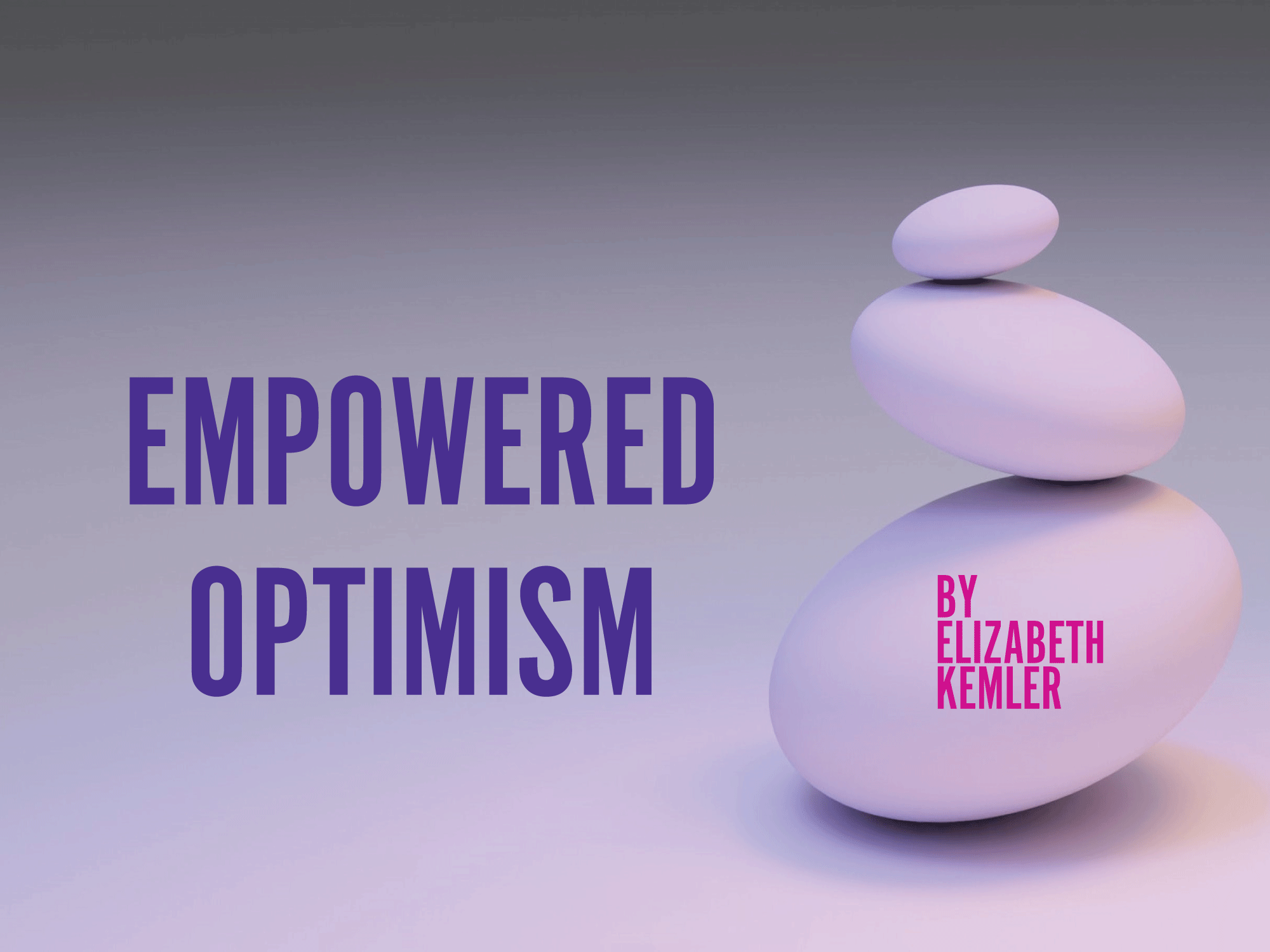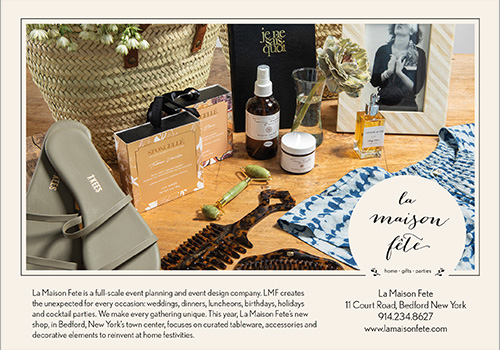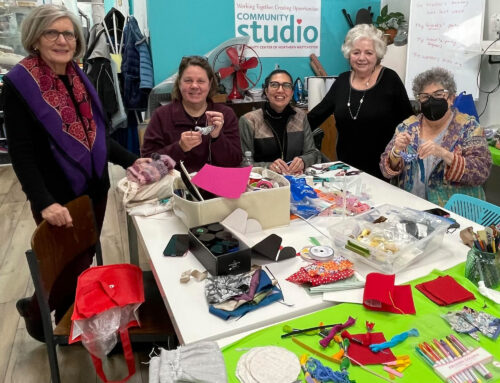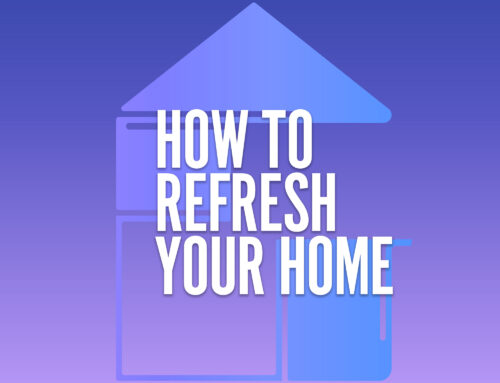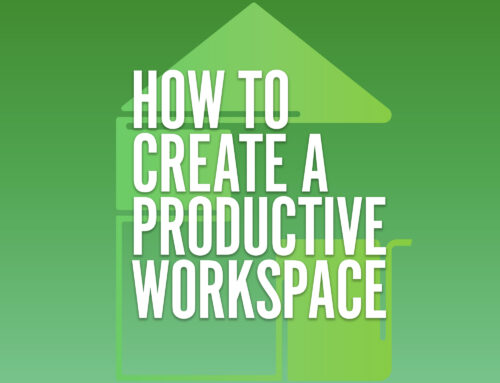Empowered Optimism – The only kind that really works
We hear a lot about the importance of keeping a positive attitude, a.k.a. being optimistic. Like gratitude, it’s an overused term that we’re told we must do if we’re going to “live our best life” and “shed the negative beliefs holding us back.” The question is, how? With numerous not-so-positive things in our daily lives, optimism is a tall order.
When I talk about optimism, though, I am not talking about the happy-face-emoji version we so often see espoused as a mental health panacea, but rather, a grounded, clear-eyed optimism. This optimism doesn’t ask us to superimpose a blanket of feel-goodness over layers of unhappiness. It does not ask us to deny, avoid or repress pain in favor of “positivity.” No, this type of optimism asks us to do four things:
- Acknowledge and validate our emotions and experiences.
- Actively face our difficulties and challenges.
- Take self-supporting action.
- Find as much empowering and motivating material from our own lives as we can.
This type of optimism creates a sense of possibility based on a recognition of what we’re capable of and the actions necessary to shift us a little closer to wellness.
This is what I call Empowered Optimism.
We often think of optimism as the sense that things can and will somehow get better. When you add ‘empowerment’ into the mix, however, it becomes a sense that things can and will get better because of what you do to make that happen.
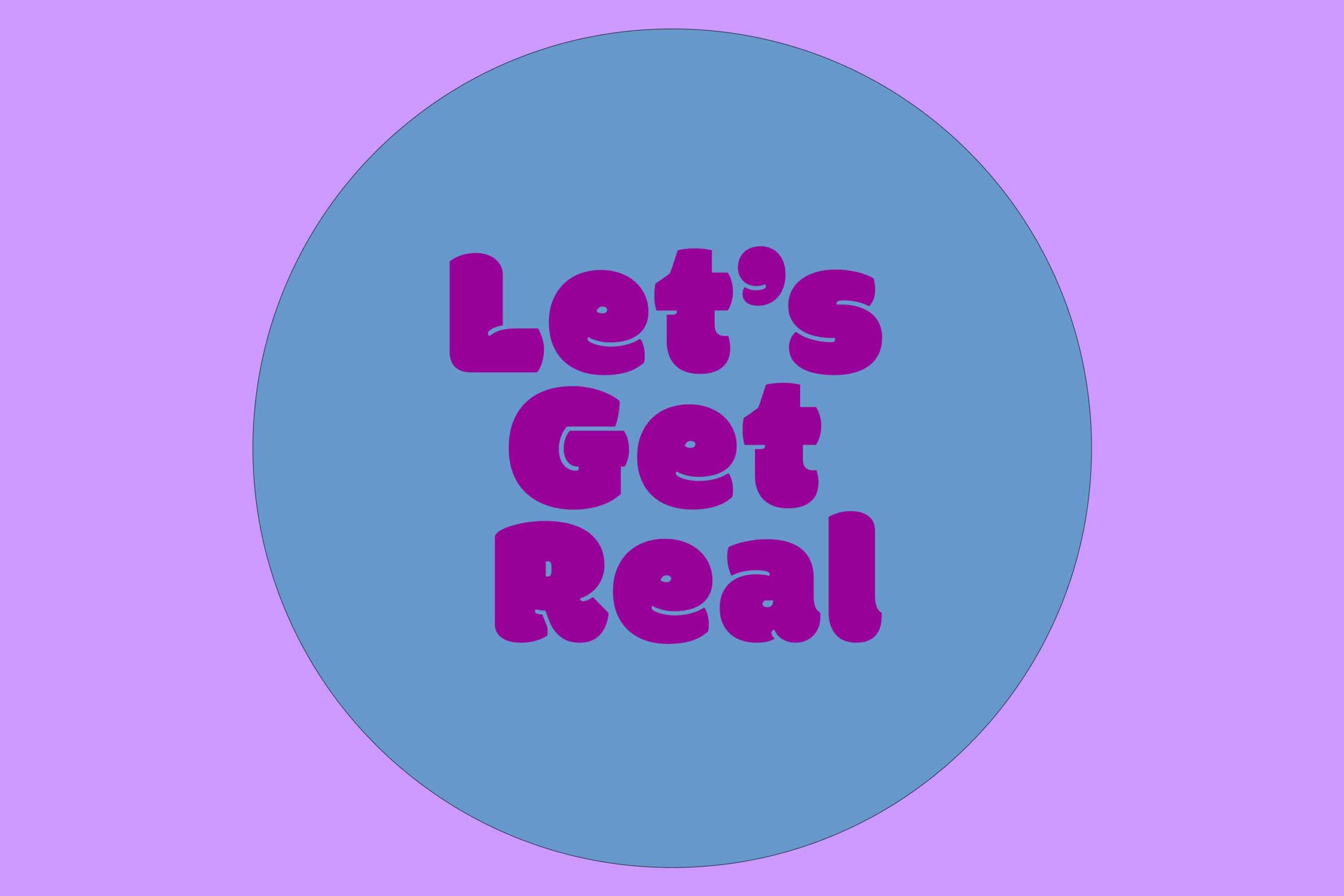
Getting Real is Good
Empowered optimism doesn’t tell us we can do anything and be anything, because that’s a set up for disappointment and disillusionment.
For example, telling myself I will someday be depression-free and anxiety-proof is not helpful because it’s unrealistic. Instead, I need to give myself something that is both inspiring and attainable. So, while there is nothing in my history to suggest I have the mental health superpowers necessary to achieve permanent bliss, I know that even when I’m scraping bottom, I’ve got the tools to pull myself up.
How do I know this? Because I have the evidence.
Even if I have no idea how I’m going to drag myself out of bed, and less than an ounce of faith that anything I do today will make a difference, I consistently choose to help myself — whether that means reaching out to friends, exercising, journaling, picking up my guitar, reading something inspirational or listening to an uplifting song. And I won’t stop until I feel better.
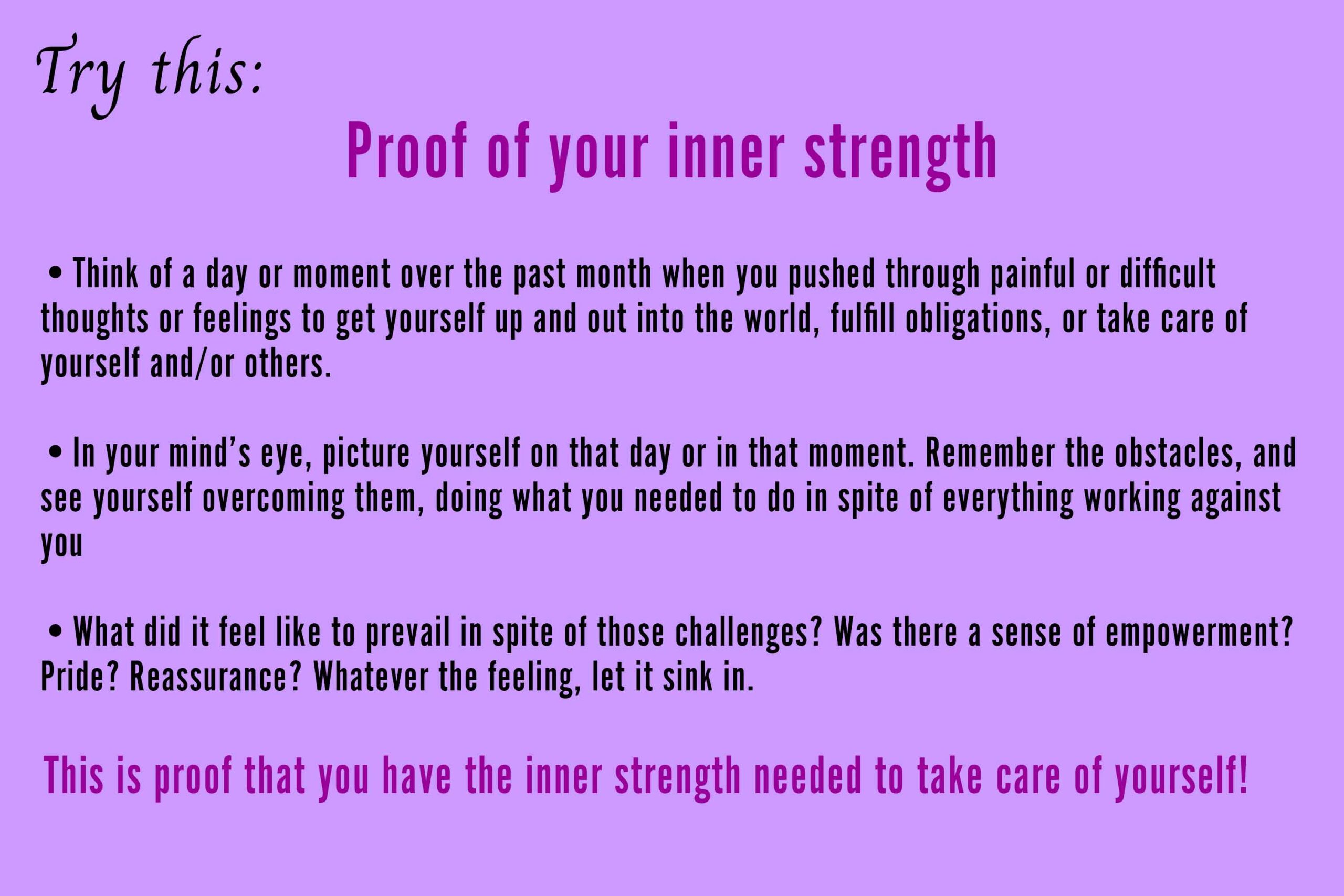
Take Action with Self-Care Goals
When struggling with mental health, it can feel like we’re being carried along by a stream of circumstance, watching life from the sidelines, or stuck in “wishing and wanting” mode. Putting small, manageable, self-care goals in place gives us a greater sense of control, purpose and direction.
If you’re going through a rough time, a self-care goal can (and should!) be simple. Set yourself a goal to accomplish one of the following:
- get out of bed
- call a friend
- read an uplifting book or blog
- perform a random act of kindness
If you’re managing anxiety, you could set a self-care goal of:
- practice meditative breathing twice a day
- find a good therapist
- join a support group
- sign up for meditation class
And if you’re anything like me, making your physical environment as peaceful and cozy as possible is huge. So, my self-care goals include clearing out clutter or adding another cozy element to my house (thank you, Etsy for always being there).
Every time we fulfill one of these goals, however small, we’re reminding ourselves that we have the ability to take care of ourselves, and this provides a good dose of motivation to keep at it!
This is empowered optimism in action.

Elizabeth Kemler
Elizabeth Kemler is a seasoned curriculum designer, social entrepreneur, performer and mental health advocate. She has 25 years of experience supporting the development of clients’ communication skills, social-emotional competence, and mental health through dynamic programming, courses and wellness-based goods and services.
You can find Elizabeth's mental wellness courses here and visit her shop here.


